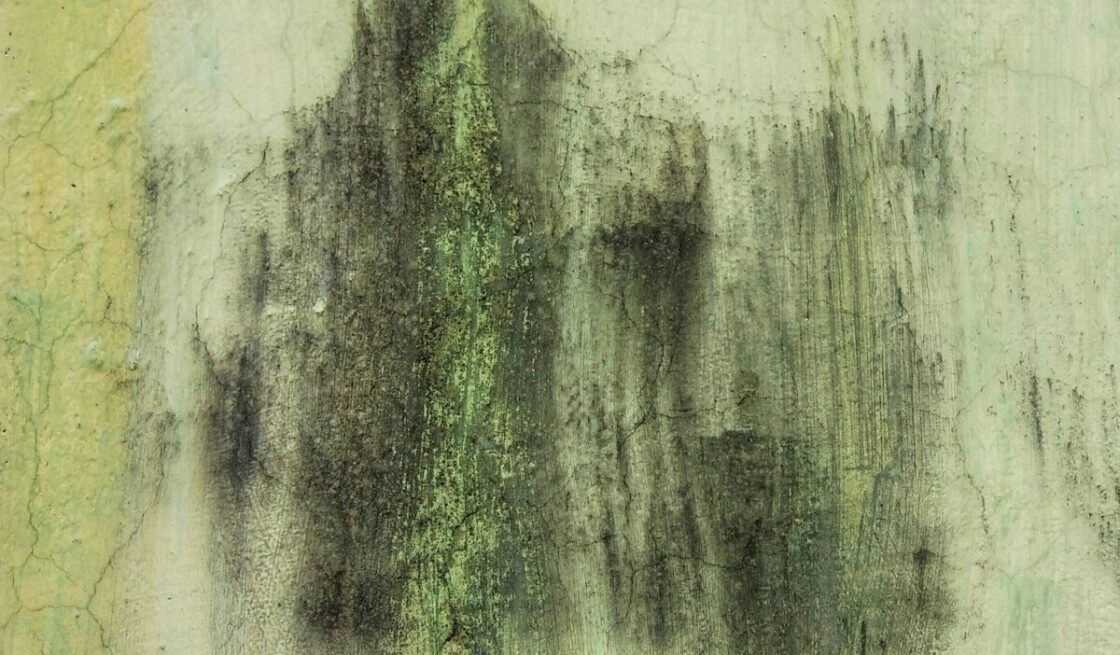Can I Sue My Landlord for Mold in Tulsa, OK?

Dealing with mold in your home can feel like a never-ending headache. It’s not just about the musty smell or unsightly spots; it’s about your health and safety. Many renters ask, can I sue my landlord for mold? The answer is yes—but it depends on the situation.
Let’s break this down so you know your rights and what to do if mold is taking over your living space.
What Are Your Legal Rights as a Tenant Regarding Mold?
As a tenant, you deserve to live in a safe, habitable environment. This expectation is protected by the implied warranty of habitability, which is a legal principle that requires landlords to keep rental properties in good, livable condition. Mold, especially toxic mold like black mold, can make a property unsafe by causing health problems and damaging belongings.
What Your Landlord Is Responsible For
Your landlord has specific obligations when it comes to maintaining the property. These include:
- Addressing water leaks and damage: Whether it’s a leaky pipe or a roof that lets rain in, your landlord is responsible for fixing it.
- Preventing mold growth: This includes maintaining proper ventilation and addressing humidity issues.
- Mold remediation: If mold becomes an issue, it’s their job to address it promptly and professionally.
Your Responsibilities as a Tenant
You also play a role in preventing mold. Tenants should:
- Keep the property clean and dry.
- Use ventilation systems, especially in bathrooms and kitchens.
- Report any issues, like leaks or visible mold, to the landlord as soon as possible.
By maintaining your part of the rental agreement, you strengthen your case should you need to take legal action later.
When Can You Sue Your Landlord for Mold Exposure?
So, when does a mold problem become your landlord’s legal liability? You may be able to sue if your landlord’s negligence caused or worsened the issue. Here are some common scenarios:
Ignored Complaints
If you reported mold or a related issue like a leak, and your landlord didn’t act, they could be held accountable. Ignoring tenant complaints is a clear sign of negligence.
Violations of Health and Safety Codes
Many states, including Oklahoma, have housing codes that landlords must follow. If the mold in your rental violates these codes, you might have grounds for legal action.
Failure to Disclose
Was there mold in the property before you moved in? If your landlord knew about it and didn’t tell you, that’s a problem. Tenants have the right to know about health hazards in their homes.
Health Problems and Property Damage
Exposure to black mold or other types of mold can cause respiratory issues, allergies, and other health problems. Mold can also ruin furniture, clothing, and other personal items.
If you’ve suffered financially or physically because of mold, you could seek compensation for:
- Medical expenses
- Property damage
- Emotional distress caused by living in unhealthy conditions
How to Sue Your Landlord for Mold Exposure
Taking legal action might sound overwhelming, but it’s often the only way to protect yourself when dealing with a negligent landlord. Here’s what to expect:
Step 1: Consult a Premises Liability Attorney
Find a premises liability lawyer with experience in tenant’s rights or personal injury cases. They’ll review your situation and explain your options.
Step 2: File a Complaint
Your attorney will draft and file the necessary legal documents, officially starting your lawsuit. This document outlines your claim and the damages you’re seeking.
Step 3: Provide Evidence
This is where all that documentation comes in handy. Photos, medical records, receipts for damaged items, and communication logs can strengthen your case.
Step 4: Settlement or Trial
Many cases settle out of court, but if an agreement can’t be reached, your case may go to trial. Your attorney will guide you through either process.
How Much Is a Mold Lawsuit Worth?
The value of a mold-related lawsuit varies widely based on the details of your case. Here’s what might be factored into your compensation:
- Medical Costs: This includes doctor visits, medication, and any ongoing treatment for mold-related illnesses.
- Property Damage: The cost to replace or clean belongings damaged by mold.
- Lost Wages: If health issues caused by mold forced you to miss work, you might recover those lost earnings.
- Pain and Suffering: Emotional distress and the impact of living in unsafe conditions can also be compensated.
While minor cases might settle for a few thousand dollars, severe cases involving significant health problems or property loss can result in payouts of tens or even hundreds of thousands of dollars.
Protect Your Health and Your Rights With 222 Injury Lawyers
Living with mold is more than an inconvenience; it’s a threat to your health and safety. If your landlord, for mold exposure, has failed to act responsibly, you have options. Document the problem, know your rights, and don’t hesitate to seek legal help if needed.
At 222 Injury Lawyers, we’re here to fight for you. With years of experience handling tenant issues and personal injury cases, we know how to hold negligent landlords accountable. Your health matters. Your safety matters. Let us help you take the next step.
Contact us today for a free consultation and let’s work together to protect your rights.

Oklahoma City Office
222 Injury Lawyers, PLLC
6421 Avondale Dr, Ste 201
Nichols Hills, OK 73116
Request a Free Consultation
We Don’t Get Paid Until You Do
Fields Marked With An * Are Required

Tulsa Office
222 Injury Lawyers, PLLC
1217 E 33rd St.
Tulsa, OK 74105
*Please send all mail correspondence to this location




